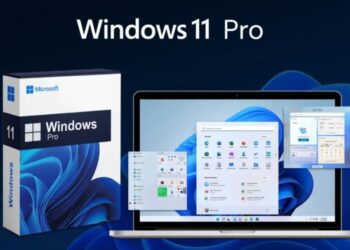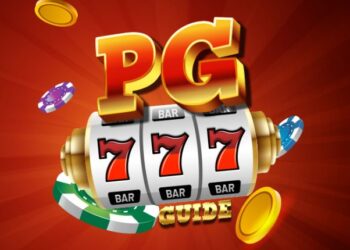Buying an outboard motor can be a significant investment, but selecting the right one will make all the difference in your boating experience. Whether you’re a first-time buyer or looking to upgrade, it’s important to consider several factors to ensure you get the best outboard motor suited to your needs. This guide will help you make an informed decision when purchasing an outboard motor for your boat.
1. Understand Your Boating Needs
Before buy outboard motors, you should assess your specific boating requirements. The motor you choose depends on how you intend to use your boat. Are you using it for fishing, recreational cruising, or high-performance watersports? Each activity demands a different type of motor.
Fishing: Typically, smaller motors with lower horsepower (10-40 HP) are adequate for fishing boats, providing enough power while maintaining fuel efficiency.
Recreational Cruising: For leisure boating, a moderate horsepower range (40-100 HP) should be sufficient for comfortable cruising on calm waters.
Performance/Speed: High-performance boats or those used for watersports require motors in the 100-300 HP range for speed and acceleration.
Consider your primary activities on the water and the size of your boat, as these will dictate the optimal motor size and power.
2. Horsepower And Size Considerations
One of the most important aspects of choosing an outboard motor is determining the right horsepower. The horsepower (HP) required depends on several factors, including the size and weight of your boat, the type of activities you want to pursue, and the typical water conditions you’ll encounter.
Small Boats (Under 12 feet): These boats usually require motors between 2-15 HP.
Medium Boats (12-20 feet): A motor ranging from 20-50 HP is usually appropriate for boats of this size.
Larger Boats (Over 20 feet): For larger boats or those requiring more power, you’ll want motors from 50 HP to over 300 HP.
Ensure you choose a motor that’s within the manufacturer’s recommended HP range for your boat to avoid overloading or underperformance.
3. Two-Stroke vs. Four-Stroke Engines
Outboard motors come in two main engine types: two-stroke and four-stroke. Each has its advantages and drawbacks, and choosing the right one depends on your needs.
Two-Stroke Engines: These engines are lighter and typically more powerful for their size, making them ideal for smaller boats or for those who need higher performance. They also tend to be less expensive upfront but are less fuel-efficient and produce more emissions.
Four-Stroke Engines: These engines are quieter, more fuel-efficient, and environmentally friendly due to lower emissions. They are perfect for longer trips or recreational boating where quiet and smooth operation is important. However, they tend to be heavier and more expensive than two-stroke motors.
Consider your preference for power versus fuel economy, as well as how much weight your boat can handle.
4. Fuel Efficiency And Environmental Considerations
In recent years, fuel efficiency has become a major concern for boaters due to rising fuel costs and environmental impact. Outboard motors with four-stroke engines tend to offer superior fuel efficiency, which can save you money over time. Additionally, four-stroke motors produce fewer emissions compared to two-stroke motors, making them a better option if you’re concerned about reducing your environmental footprint.
Fuel Economy: Four-stroke engines consume less fuel at cruising speeds, making them a more economical choice for those who spend a lot of time on the water.
Environmental Impact: If you’re operating in eco-sensitive areas, a four-stroke engine’s reduced emissions are a crucial factor.
Opting for a fuel-efficient, low-emission motor is not only better for the environment but can also save you money in the long run.
5. Brand Reputation And Warranty Options
When purchasing an outboard motor, the brand you choose plays a significant role in the reliability and performance of your motor. Trusted brands like Yamaha, Honda, Mercury, and Suzuki are known for producing durable, high-quality outboard motors.
Additionally, it’s important to consider warranty options. Most manufacturers offer warranties ranging from one to five years, depending on the brand and motor model. A longer warranty provides peace of mind, knowing that you’re covered in case something goes wrong.
Yamaha: Known for excellent performance and reliability, Yamaha motors are a popular choice among boaters.
Honda: Honda outboards are often praised for their smooth operation and fuel efficiency.
Mercury: Mercury offers a wide range of motors with great customer service and a strong warranty.
Suzuki: Suzuki motors are often lauded for their affordability and efficiency.
Research the available warranty options and service coverage for the brand you choose, as this can save you from costly repairs later on.
Conclusion
Buying the right outboard motor is a decision that requires careful consideration of your boating needs, the type of motor, fuel efficiency, and brand reputation. By understanding your specific requirements, considering horsepower and engine type, and factoring in environmental concerns and warranty coverage, you can make a confident decision. Whether you’re fishing on a small lake or cruising the open seas, the right motor will enhance your boating experience for years to come.









